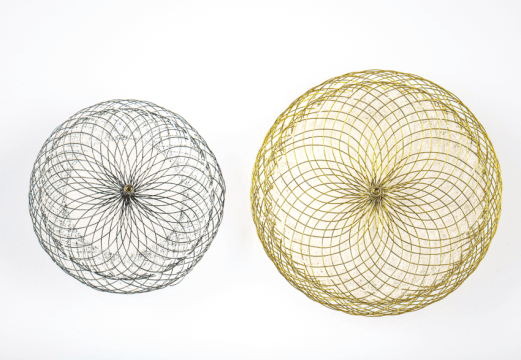Original title: Clinical Outcomes of the Resolute Zotarolimus-Eluting Stent in Patients With In-Stent Restenosis Two-Year Results From a Pooled Analysis. Reference: Gert Richardt et al. J Am Coll Cardiol Intv 2013, article in press.
Previous studies reported a target lesion revascularization (TLR) of 15% and target vessel (TVR) of 22% after a year of treating an injury-stent restenosis.
The randomized trial RAC (RESOLUTE All Comers) and RINT (RESOLUTE International) registry, included a significant number of patients with complex lesions, including stent restenosis. Out of the total of 3,849 patients enrolled between the two studies, 281 (8.1%) received a Resolute zotarolimus-eluting stent, (Medtronic Vascular, Santa Rosa, California), to treat stent restenosis lesions and the rest novo lesions. At one year there was no difference in the end points among patients who received the Resolute stent by stent restenosis compared with those who had de novo lesions. However, in the two years follow-up, patients with previous stent restenosis had higher TLR (12.7% versus 4.3%, p = 0.017), higher TVR (14.5% versus 5.7%, p = 0.007) and cardiac events (19.9 % versus 11.1%, p = 0.011) compared with patients with de novo lesions. The stent thrombosis was numerically higher but did not reach significance, (2.5% versus 1.2%, p = 0.332).
After two years there was no difference between patients who were treated by stent restenosis of a bare metal stent versus stent restenosis of a drug-eluting stent.
Conclusion:
The use of the Resolute zotarolimus-eluting stent to treat patients with stent restenosis, both with conventional stents as well as drug eluting stents, was safe but with a higher incidence of revascularization compared with patients with de novo lesions.
Editorial comment:
Almost half of the patients in both studies of in-stent restenosis were admitted with acute coronary syndrome and this is consistent with some current reports that refute the original idea of stent restenosis being clinically benign. This is the first work to analyze the in-stent restenosis results of the new generation of cobalt chromium limus drug eluting stents.
SOLACI.ORG





